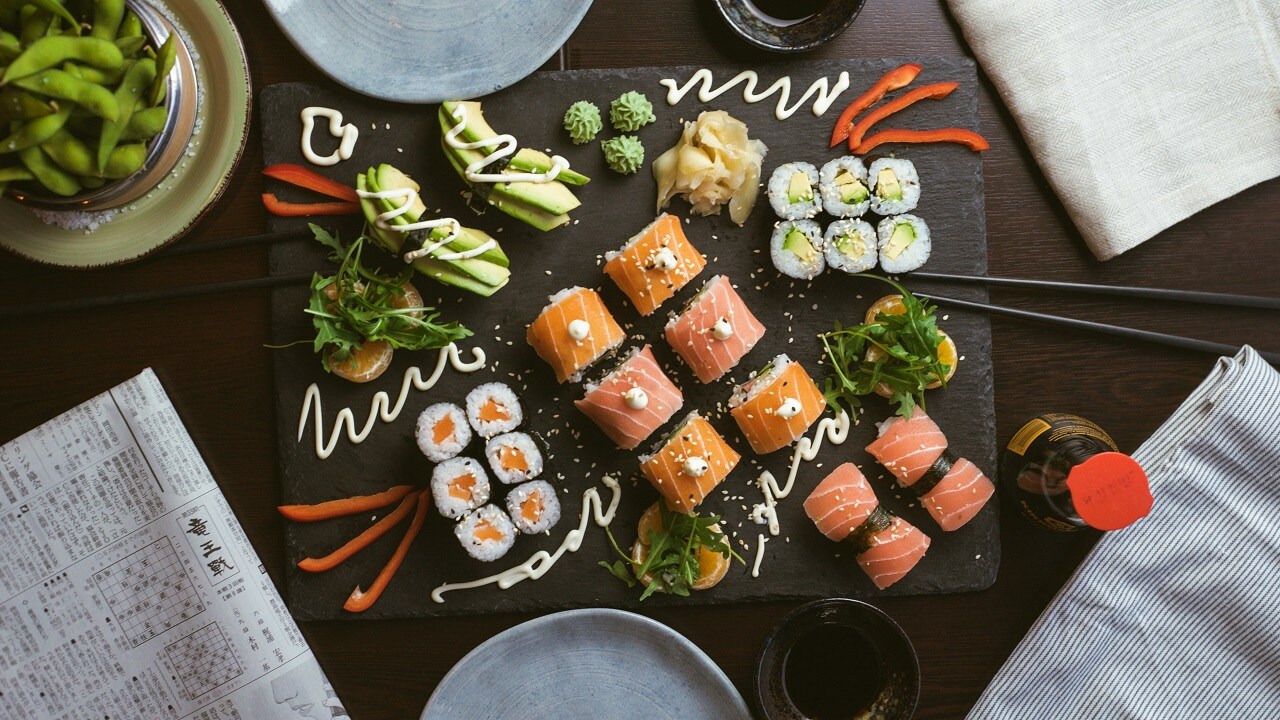India is a proverbial melting pot of culture and diversity. To help mine and spotlight these insights Burnett conducted proprietary research covering 10 states with 2805 respondents, from NCCS A, B and C, across age groups in partnership with YouGov India.
Covering Maharashtra, Tamil Nadu, Andhra Pradesh, Telangana, West Bengal, Karnataka, Rajasthan, Uttar Pradesh, Punjab, Chandigarh, Kerala and Delhi, the report delves into the behavioural patterns of each state, and their quirks.
In this series, we broadly delve into the findings of the report covering attitude and sentiments across 7 categories of food, mobility, finance, life motivations, relationships, health, and fashion.
In this article, we examine the changing food and health habits across various states of India. The pandemic not only changed the way we work, travel, consume content it also changed the way we look at food. Which is a big thing especially for a food loving country like India.
The last 2 years have seen a major transformation in people’s attitude towards health, be it making healthier food choices; to adopting exercise routines or using social media to augment conversations around a healthier lifestyle. The report spotlights changing behaviours around health and fitness across India and gives a window into how food & beverage brands can recalibrate their conversations across audiences.
While the report highlights that 67 percent of Indian citizens prefer eating home-cooked meals, the capital continues to remain experimental with their cuisines, with 47 percent of its inhabitants curious to try new international cuisines such as Korean, Thai, and Japanese, amongst others. Making Delhi the best playground for food brands to introduce new flavours and recipes, while cashing in on a pool of enthusiastic consumers.
Comparatively, the traditional food-loving southern states continue to prefer eating at home, while leaning towards healthier options even when they do go out. 61 percent in Kerala, Karnataka, Andhra Pradesh, and Telangana agreed with this phenomenon, while 39 percent in Tamil Nadu associated restaurant meals as a break from regular routine.
The pandemic created home-chefs out of a lot of us with a barrage of online recipes on Instagram, YouTube, and the likes run by homemakers, chefs, as well as influencers. However, the report also spotlights that in the north and south of India, especially Delhi (61 percent) and Kerala (60 percent) people were doubtful about the authenticity of these recipes. So, while there is curiosity towards experimenting, there is also caution towards information learnt from digital platforms, especially from inexperienced sources. Marketing to these audiences would require both online and offline experiences and would be crucial towards building trust and authenticity.
The way Indians looked at health supplements has completely changed post-pandemic too. A country that believed mother’s food gives you all the nutrition you need, has now opened up to health supplements. A whopping 56 percent of Kerala residents feel that regular meals are not enough to strengthen their family’s immunity and are agreeable to opt for additional supplements. 41 percent in WB and 46 percent in Rajasthan agreed with this thought.
The way India works out has also seen a major change. The pandemic has reshuffled consumer health priorities, and reshaped wellness markets for the foreseeable future. The report states that 59 percent of residents of Kerala and Karnataka preferred working out from the comfort of their homes – using home equipment and wellness apps. This reflects on the changing mindset towards health and the receptiveness towards health and wellness-related products. However, Delhi still likes to go work out at gyms, which also reflects their motivation coming from fitness being a social activity.
Another interesting shift that we see is that social media influencers have now become the go-to for health-related guidance. Across Uttar Pradesh, West Bengal, and Rajasthan people consider social media influencers as credible experts. On average 46 percent of the Northern States agreed to this. Comparatively states like Maharashtra and Tamil Nadu continue to trust traditional experts like doctors, and dieticians. This new-found acceptance of influencers as health guides opens up avenues for healthcare providers to connect with younger audiences.
We can now say that India is truly opened up to adopting a more contemporary approach to food and wellness across its diverse culture.
Stay tuned for the next article of the series in which we will break down India’s finance and mobility behavioural patterns.
The writer is the CEO of Leo Burnett – South Asia and chairman, of BBH India. The report is based on quantitative research covering 10 states with 2805 respondents, run by the Leo Burnett Strategy team and YouGov.
